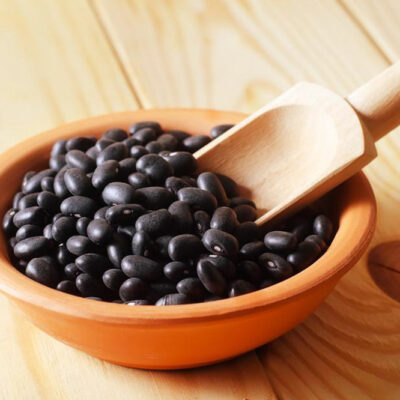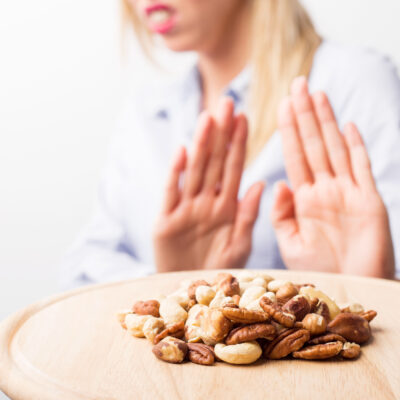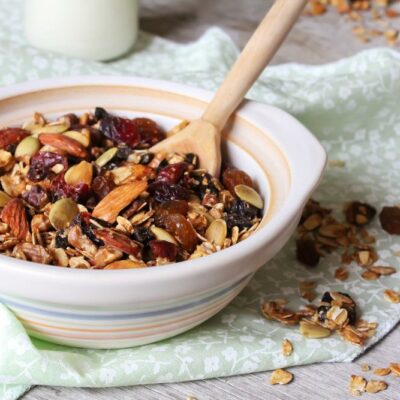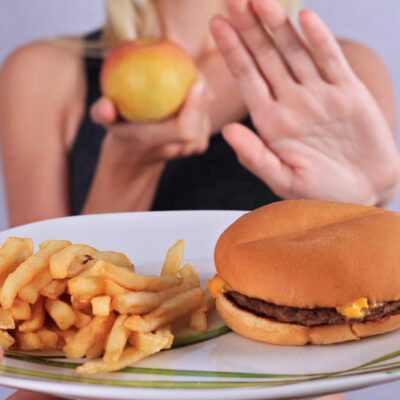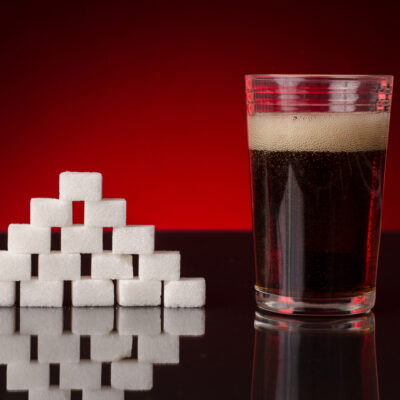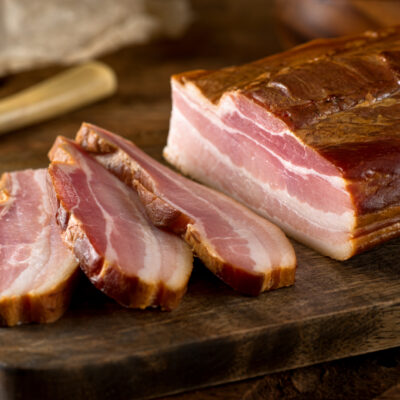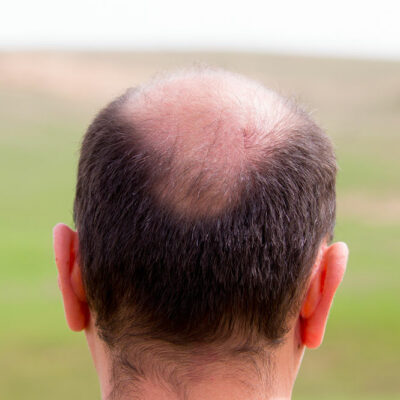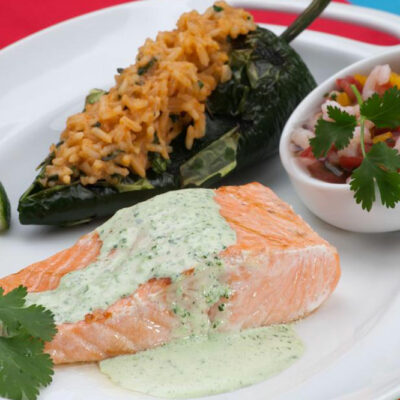
Diet
5 Foods That Can Aggravate Depression
If you pay a little attention to your emotion, it won’t be long before you discover that foods directly affect your mood. Lifestyle changes, particularly modifications in what you eat, is a very effective approach of treating depression. Just as certain foods can make you feel happy and healthy, others are known to make the symptoms of depression worse. Here we have made a list of top foods to avoid for depression. Sugar A high sugar diet sure looks tempting, but it can cause inflammation in your entire body and brain. Recent research found that brain inflammation gives a boost to the symptoms of depression, such as fatigue and sleep disorder. One study even confirmed that brain inflammation is about 30% higher in people diagnosed with depression. So, the next time if you feel like munching on a bar of milky chocolate, resist your temptation and instead look for a healthy alternative. Processed foods Studies have confirmed that processed foods, such as white bread, pasta, fast food, are among the top foods to avoid depression. People who depend mostly on refined foods have an increased risk of developing depression than those who consume whole foods. Processed foods can surely give your body an instant boost, but you may soon end up feeling fatigued and irritated.
Read More 